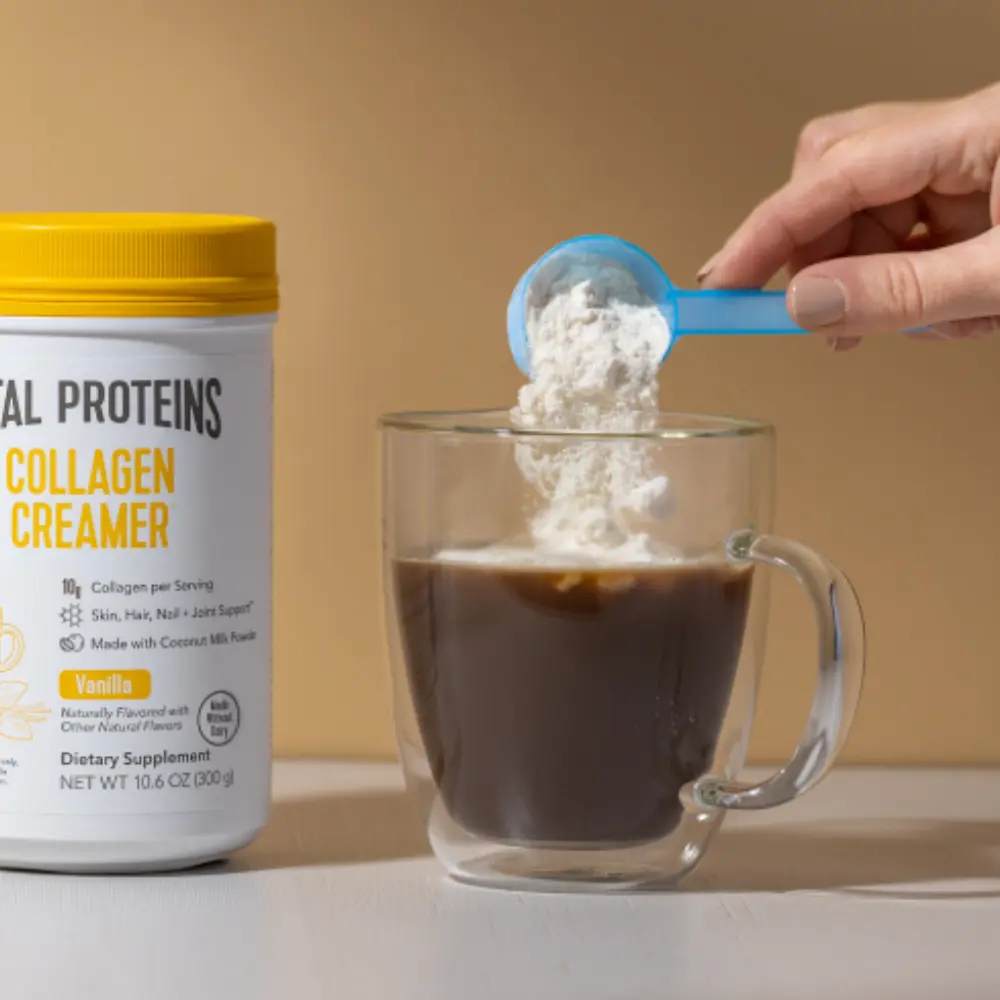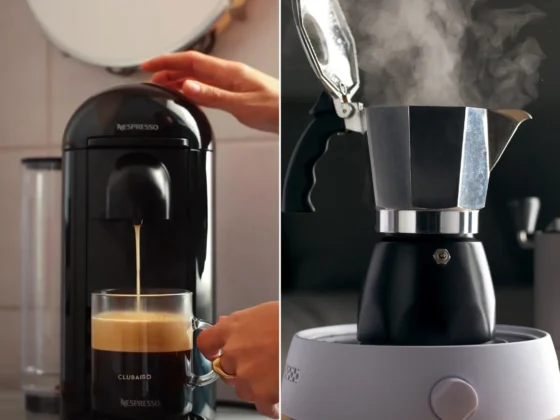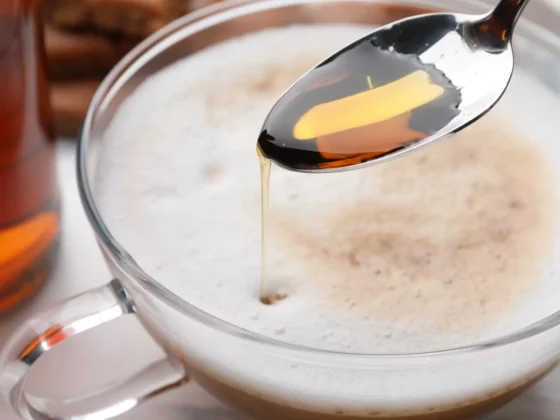Welcome to our comprehensive guide on understanding the impact of coffee on blood test results. Coffee – a beverage cherished by many, is often the first thing we reach for in the morning to kickstart our day. Yet, have you ever paused to consider how this potent brew might influence your medical test results?
This query, ‘How does coffee affect blood tests?’ might have popped up in your mind while sipping your morning brew before a scheduled test. It’s a question that uncovers a complex interplay of biological mechanisms, extending far beyond a simple ‘yes’ or ‘no’ answer. The reality is, even the seemingly harmless black coffee before a blood test can sometimes skew results, causing unnecessary stress and potential misdiagnoses.
In this in-depth guide, we are going to delve into the intricate ways in which coffee interacts with our metabolism, influences specific blood tests, and what expert healthcare professionals recommend regarding this beverage consumption before testing. We will also explore real-world case studies to see how coffee’s influence on blood tests plays out in real life, concluding with practical recommendations on maintaining a healthier relationship with your beloved beverage around blood tests.
The objective here is to provide you with a nuanced understanding of the coffee-blood test relationship so you can make informed decisions about your beverage consumption, especially when you are preparing for a blood test. So, grab your cup of joe, (unless you’re reading this before a blood test), and let’s dive into the world of this beverage and its effects on blood tests.
Coffee Before Blood Test: Key Takeaway
- Brewing Insights: Coffee, both caffeinated and decaffeinated, can affect the results of certain blood tests, including blood sugar, cholesterol, and liver function tests due to its bioactive compounds.
- The Coffee Countdown: Timing is crucial. To avoid the potential effects of this beverage on blood test results, it’s generally advisable to abstain from it for at least 8-12 hours before a test.
- Filtering the Facts: The type of this beverage and how it’s prepared can impact its influence on blood tests. For instance, unfiltered coffee can raise LDL cholesterol levels more than the filtered one.
- Hydration Harmony: Staying well-hydrated is key to accurate blood test results. Drinking plenty of water and avoiding the diuretic effect of this beverage before tests are recommended.
- Coffee Communication: Sharing your beverage consumption habits with your healthcare provider is important. It helps them interpret your test results accurately and tailor pre-test guidelines to your lifestyle.
The Effects of Coffee on Blood Test Parameters
Understanding the potential impact of consuming this beverage before a blood test requires a nuanced appreciation of its complex biochemistry and how its components can interact with various elements of our metabolic pathways.
Understanding Coffee’s Bioactive Compounds
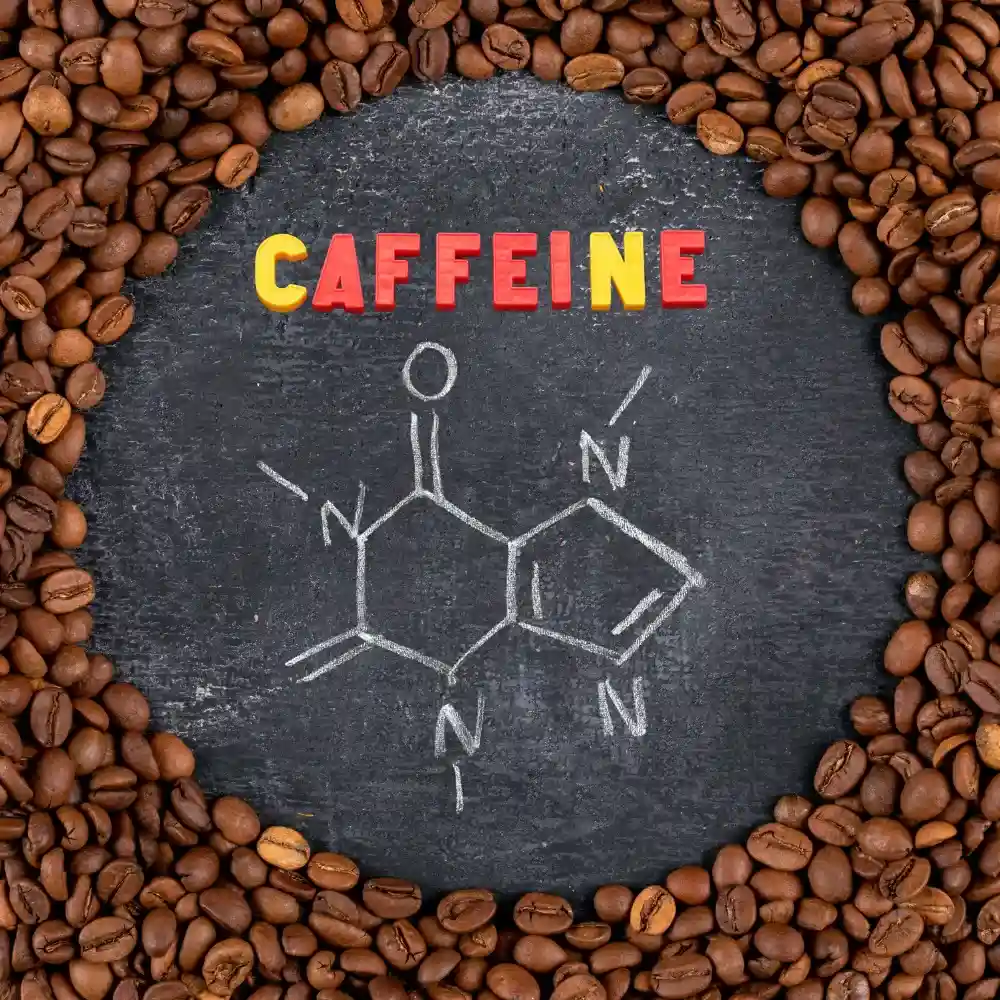
This beverage is more than just a caffeine-laden brew. It is a complex concoction of bioactive compounds that can influence a multitude of bodily processes. These compounds, including caffeine, chlorogenic acids, diterpenes, and many others, each have distinct physiological effects that can influence the outcomes of certain blood tests.
- Caffeine, a well-known stimulant, is primarily responsible for the energy boost we associate with this beverage. It increases alertness and can have a significant impact on our central nervous system. Caffeine has also been shown to influence blood sugar levels, at least in the short term. (1)
- Chlorogenic acids, the most abundant polyphenols in this beverage, have antioxidant properties and are believed to influence glucose metabolism and insulin response.
- Diterpenes, including cafestol and kahweol, found in substantial amounts in unfiltered coffee, have been linked to increased levels of LDL (“bad”) cholesterol. (2)
Recognizing these compounds and understanding their potential effects on the body can shed light on why consuming this beverage before a blood test can sometimes influence the test results.
Influence on Blood Sugar Levels

Coffee’s impact on blood sugar levels is of particular interest to those with diabetes or anyone undergoing a fasting glucose test. The metabolic changes induced by the bioactive compounds in this drink, particularly caffeine, can cause a temporary increase in blood sugar levels.
- A study published in the American Journal of Clinical Nutrition found that consuming this drink before a glucose tolerance test led to higher blood sugar levels compared to a control group.
- Other studies have indicated that caffeine can reduce insulin sensitivity, causing blood sugar levels to rise.
In light of such findings, having this beverage before a blood test that measures blood sugar could lead to inaccurate results.
Impact on Cholesterol Measurements
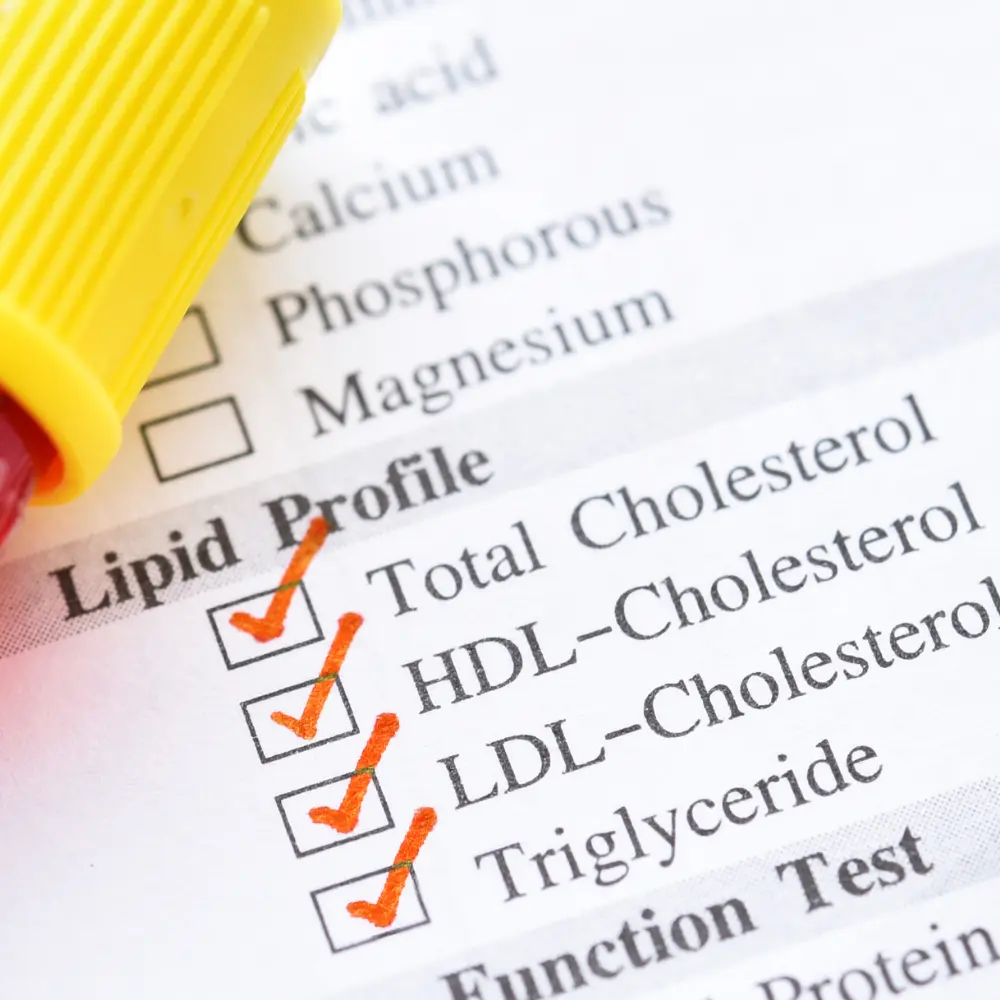
Cholesterol tests are another area where this drink consumption could potentially skew results. This is primarily attributed to the diterpenes found in this beverage- cafestol, and kahweol. As mentioned before, these compounds have been found to increase LDL cholesterol levels, particularly in people who drink unfiltered coffee.
- Research published in the Journal of Nutrition demonstrated that cafestol is the most potent cholesterol-elevating compound known in the human diet. The study indicated that five cups of French press coffee per day (which leaves more diterpenes in the brew) could raise cholesterol levels by 6-8%.
- The exact mechanism is still under study, but it’s believed that cafestol interferes with the liver’s regulation of cholesterol levels, causing an uptick.
Given this potential impact, anyone having a cholesterol test should consider abstaining from this beverage for a period before the test to ensure accurate measurements. By understanding the influences of this drink on our metabolic pathways, we can take proactive steps toward receiving accurate blood test results.
The Effect of Coffee on Metabolism
Coffee’s impact on our metabolic pathways is diverse and intricate, reflecting the complex mix of bioactive compounds it contains. From liver enzyme tests to fasting blood tests, this beverage can play a surprising role in the readings we get from these important health indicators.
Effects on Liver Enzyme Tests

Liver enzyme tests, such as the alanine transaminase (ALT) test and the aspartate aminotransferase (AST) test, are commonly used to assess liver health. Interestingly, regular consumption of this beverage has been associated with lower levels of liver enzymes in some studies, suggesting a potential protective effect on the liver.
- A study published in Hepatology found that participants who reported drinking more coffee had lower levels of ALT, AST, alkaline phosphatase (ALP), and gamma-glutamyl transferase (GGT) – enzymes that are often elevated with liver disease.
- The mechanisms by which this drink might exert these effects are not entirely understood but are thought to be linked to its antioxidant, anti-inflammatory, and anti-fibrotic properties.
However, it’s crucial to note that consuming this beverage immediately before a liver enzyme test may produce misleading results. This is because the caffeine in this drink can temporarily increase enzyme levels, providing a snapshot that isn’t representative of your normal liver function.
How Coffee Alters Fasting Blood Tests
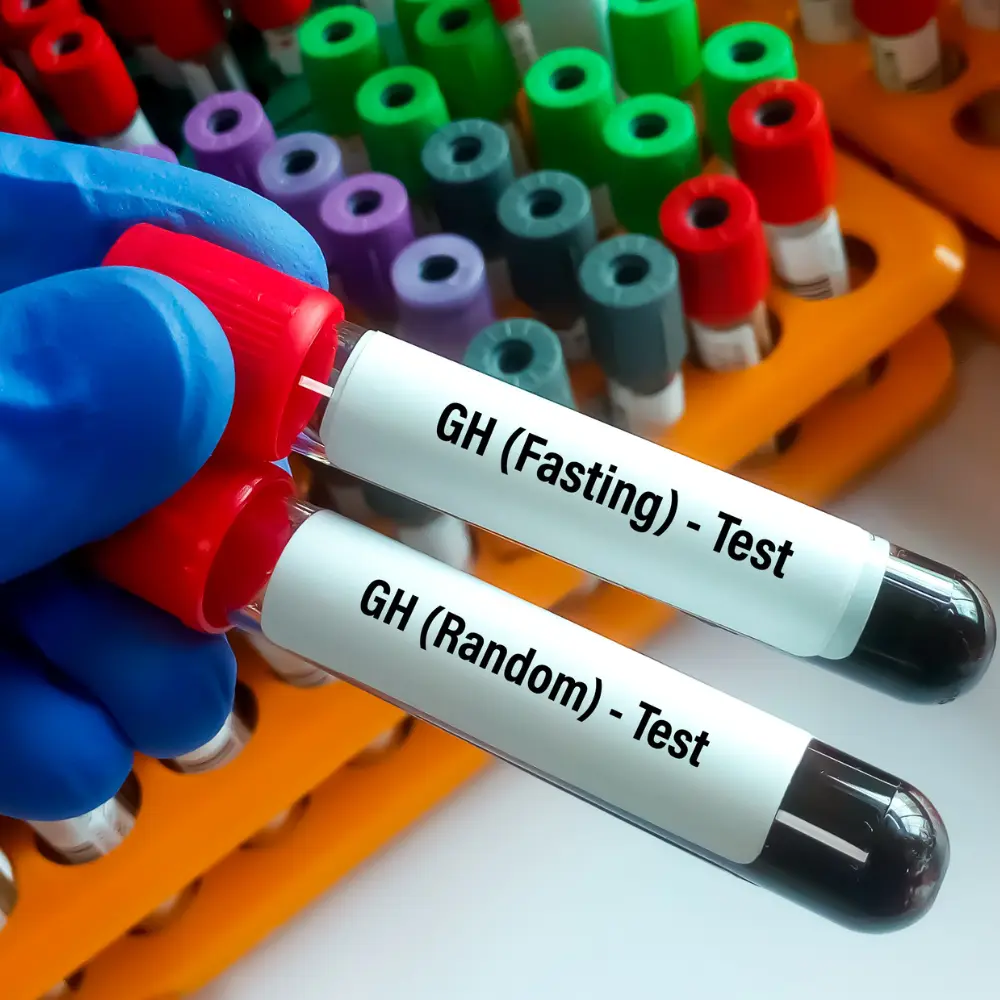
Fasting blood tests are a common part of health check-ups, used to evaluate various health parameters such as glucose levels, lipid profiles, and kidney function. The term ‘fasting’ traditionally means abstinence from food and drink (except water) for a specific period, usually 8-12 hours. However, many people wonder whether a morning cup of joe, often viewed as a necessity, could skew their test results.
- Fasting glucose tests, which measure your blood sugar levels, may be influenced by this beverage. Both caffeinated and decaffeinated coffee have been shown in some studies to raise blood sugar levels in the short term, potentially leading to falsely elevated results.
- This drink can also affect lipid profile tests. As mentioned earlier, compounds called diterpenes found in unfiltered coffee can increase LDL cholesterol, which could affect the readings of a lipid profile test.
Given this potential impact on test results, it is generally recommended to skip your cup of joe if you’re going for a fasting blood test. This way, you can ensure your results are as accurate and representative of your true health status as possible.
Common Blood Tests That May Be Affected by Coffee

In the complex matrix of factors affecting blood test results, this beverage is one often overlooked variable. Certain tests are more likely to be influenced by your morning brew than others. Let’s explore how this beverage might affect common blood tests such as the Complete Blood Count (CBC), blood sugar levels, and cholesterol tests.
Complete Blood Count (CBC)
A Complete Blood Count (CBC) test measures different components of the blood, including red blood cells, white blood cells, and platelets. It’s a common test used to evaluate your overall health and detect a wide range of disorders.
- While there’s no substantial evidence that this drink directly affects the results of a CBC test, the dehydration caused by caffeinated beverages might have an indirect impact.
- Caffeine is a diuretic, meaning it causes increased urination. This can potentially lead to mild dehydration, which can concentrate the blood and thus alter the readings of a CBC test.
Therefore, it’s usually recommended to hydrate well before a CBC test. If this cup of joe is a part of your morning routine, it’s advisable to balance it out with ample water intake.
Coffee and Blood Sugar Levels
The relationship between this beverage and blood sugar levels is a complex one. While long-term consumption of this drink is associated with a reduced risk of type 2 diabetes, acute intake can spike blood glucose levels, especially in non-habitual coffee drinkers.
- Short-term studies indicate that caffeine can decrease insulin sensitivity and increase glucose concentrations. This might affect the results of tests such as the fasting blood glucose test or the oral glucose tolerance test.
- It’s worth noting that both caffeinated and decaffeinated coffee have been shown to have these effects. This suggests that other compounds in this beverage, not just caffeine, may be responsible.
Therefore, if a blood sugar test is on your schedule, it’s generally recommended to avoid this beverage prior to the test to ensure the most accurate readings.
Coffee and Cholesterol Test

As we’ve explored earlier, this brew, specifically unfiltered ones like French press or espresso, can impact cholesterol levels. The culprits are diterpenes, including cafestol and kahweol.
- These compounds can interfere with the body’s regulation of cholesterol levels, causing an increase in LDL cholesterol.
- As mentioned before, research shows that five cups of French press coffee per day could raise cholesterol levels by 6-8%.
Considering these findings, skipping this drink before a cholesterol test seems prudent. It helps ensure that your test results accurately reflect your cholesterol levels and aren’t artificially inflated due to your morning cup of joe.
Lipid Profile Tests
Lipid profile tests are a group of tests that measure the amount of certain fats and cholesterol in your blood. These tests are used to assess your risk of heart disease and help guide strategies for managing that risk. Let’s explore how a cup of joe might interfere with these crucial test results.
- One of the key components of a lipid profile is the measurement of LDL cholesterol. As we’ve discussed earlier, certain compounds in this beverage, specifically diterpenes like cafestol and kahweol, can increase LDL cholesterol levels.
- Several studies have shown that consumption of unfiltered coffee, which contains higher amounts of these compounds, can lead to increased cholesterol levels, potentially skewing your lipid profile results.
- Furthermore, this drink can cause a short-term increase in blood pressure and heart rate, which may indirectly affect the results of a lipid profile test.
Because of these potential effects, healthcare professionals typically advise avoiding this beverage before a lipid profile test to ensure the most accurate results.
Coffee and Liver Function Tests
Liver function tests are a series of blood tests designed to measure specific enzymes and proteins that can indicate how well your liver is working. The impact of this beverage on these tests can be surprising.
- Some research suggests that regular consumption of this drink may be associated with lower levels of liver enzymes, suggesting a potential protective effect on the liver.
- However, having a cup of joe immediately before a liver enzyme test may lead to temporary increases in enzyme levels, potentially misleading your healthcare provider about your liver health.
To get the most accurate picture of your liver health, it may be best to forego your usual cup of joe before your liver function tests.
Insights from Healthcare Professionals

Healthcare professionals generally agree on the potential impact of this beverage on blood test results. While its direct effects are still being researched, the consensus is that coffee can indeed skew certain test results, leading to potential misdiagnoses or inappropriate treatment strategies.
- Many healthcare professionals recommend avoiding this beverage before a fasting blood test, as it can interfere with blood sugar and cholesterol measurements.
- Dehydration caused by coffee’s diuretic effects can also lead to false readings in tests such as the CBC.
- However, the exact guidance may vary based on the specific test, individual health, and consumption habits. It’s always best to discuss with your healthcare provider to get the most accurate advice for your situation.
The consensus is clear: While coffee is a beloved beverage for many, its potential impact on blood test results should not be underestimated. Being mindful of your coffee consumption before blood tests is a simple step towards ensuring your test results accurately reflect your health status.
Recommendations for Accurate Blood Test Results
Blood tests are a key tool in diagnosing and managing various health conditions. To ensure the accuracy of these tests, it’s essential to consider how lifestyle factors, such as this beverage consumption, could potentially skew the results. Here are some recommendations to follow for obtaining the most accurate blood test results.
Temporarily Avoiding Coffee Prior to Blood Tests

Given coffee’s potential influence on certain blood tests, it is generally advisable to temporarily abstain from it before testing.
- As discussed earlier, for most tests, avoiding this drink for 8-12 hours prior to the test is typically sufficient to prevent any significant effects on the results.
- Remember, both caffeinated and decaffeinated coffee can affect test outcomes. This is due to various bioactive compounds in this beverage, not just caffeine. Therefore, switching to decaf before your test won’t necessarily solve the issue.
While it might be challenging for coffee lovers, skipping that morning cup before a blood test could make a significant difference in ensuring accurate results.
Staying Hydrated and Following Pretest Guidelines
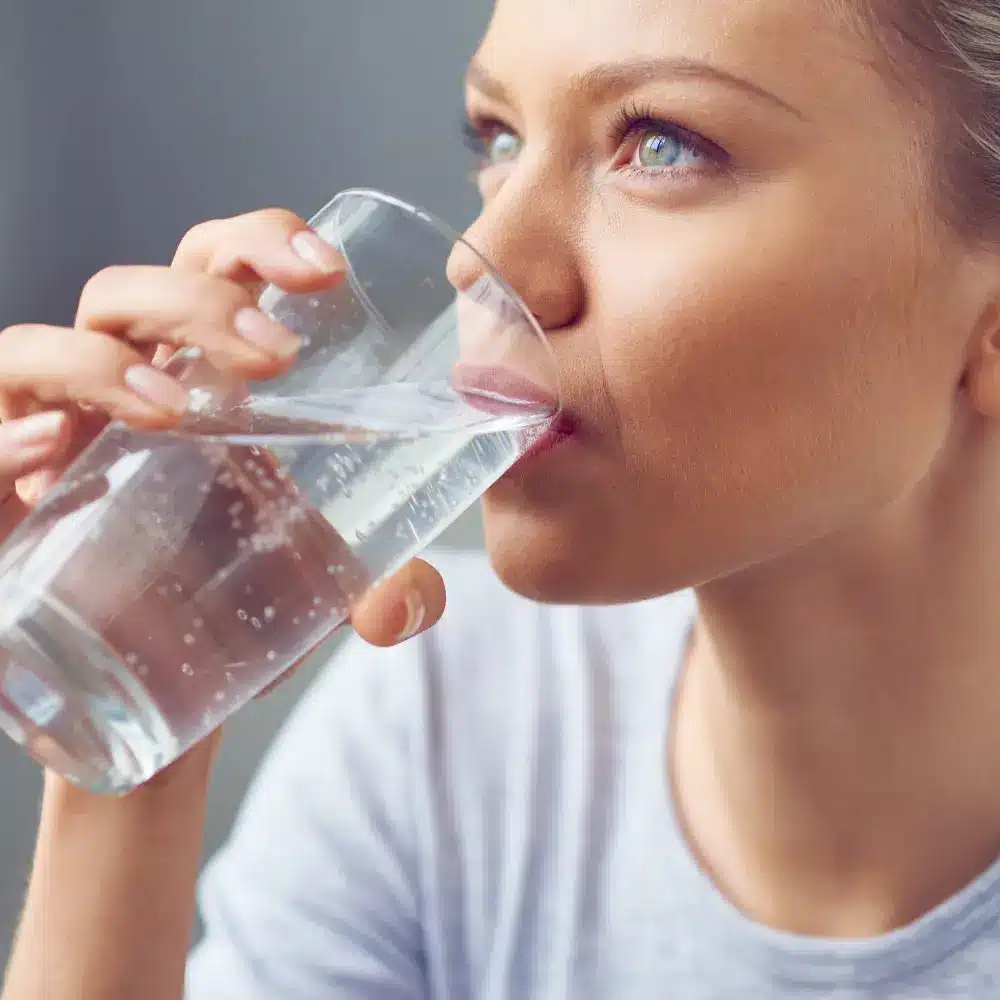
Staying well-hydrated is crucial for obtaining accurate blood test results, and this is where coffee’s diuretic effect can become an issue.
- Drinking plenty of water before your test not only helps maintain your hydration status but also makes it easier to draw blood.
- While you should avoid this beverage, don’t forget to follow the other pretest guidelines provided by your healthcare provider. These may include fasting or avoiding certain medications and can vary based on the specific test.
Following these guidelines is key to ensuring your blood test results accurately reflect your health status and are not influenced by avoidable factors.
Communicating Lifestyle Habits to Healthcare Providers
Your lifestyle habits, including your coffee consumption, are important pieces of information for your healthcare provider.
- When preparing for a blood test, make sure to communicate your habits to your healthcare provider. This includes how much coffee you drink, when you typically drink it, and whether it’s caffeinated or decaffeinated.
- Other factors, such as your diet, physical activity level, and medication use, should also be shared.
This information can help your healthcare provider interpret your test results more accurately and guide you on any necessary changes to your pretest routine.
To sum up, while coffee is a beloved beverage for many, it’s important to consider its potential effects on blood test results. By temporarily avoiding a cup of joe before tests, staying well-hydrated, and communicating openly with your healthcare provider, you can ensure the most accurate reflection of your health.
Towards a Healthier Relationship with Coffee
Coffee is more than just a beverage for many people—it’s a cherished daily ritual and even a lifestyle. Balancing this affection for this beverage with its potential effects on blood tests doesn’t necessarily mean giving up your favorite brew. By being strategic about the timing of your consumption, understanding the influence of different types of this beverage and preparation methods, and considering alternatives, you can enjoy your cup of joe and still ensure accurate blood test results.
Timing Coffee Consumption Around Blood Tests

The timing of your consumption relative to your blood test is a key factor to consider.
- As mentioned earlier, avoiding this beverage for at least 8-12 hours before a blood test is generally advisable to prevent it from affecting the results.
- Planning your coffee breaks outside of this window can help minimize any potential impacts on your blood tests, allowing you to enjoy your brew without worry.
Remember, this is a temporary adjustment to ensure the accuracy of your test results, and you can resume your regular consumption post-test.
The Influence of Coffee Type and Preparation Methods
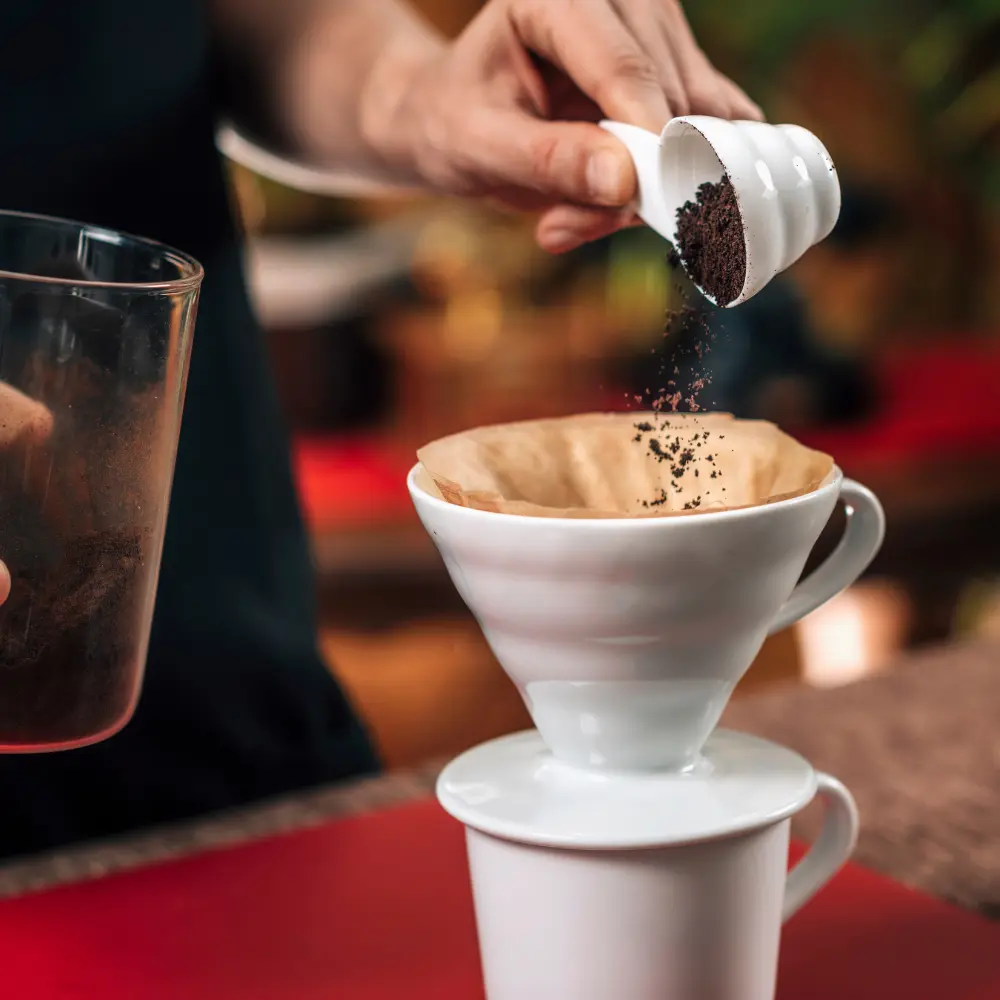
Not all coffees are created equal when it comes to their potential effects on blood tests. The type of coffee and how it’s prepared can make a significant difference.
- Research has shown that unfiltered coffee, such as French press or espresso, contains higher amounts of diterpenes like cafestol and kahweol, which can raise LDL cholesterol levels.
- Filtered coffee, on the other hand, has significantly lower amounts of these compounds, making it a better choice if you’re due for cholesterol or lipid profile tests.
Understanding these differences can help you make informed decisions about your habits, particularly when you’re scheduled for a blood test.
Alternatives to Coffee Before Blood Tests
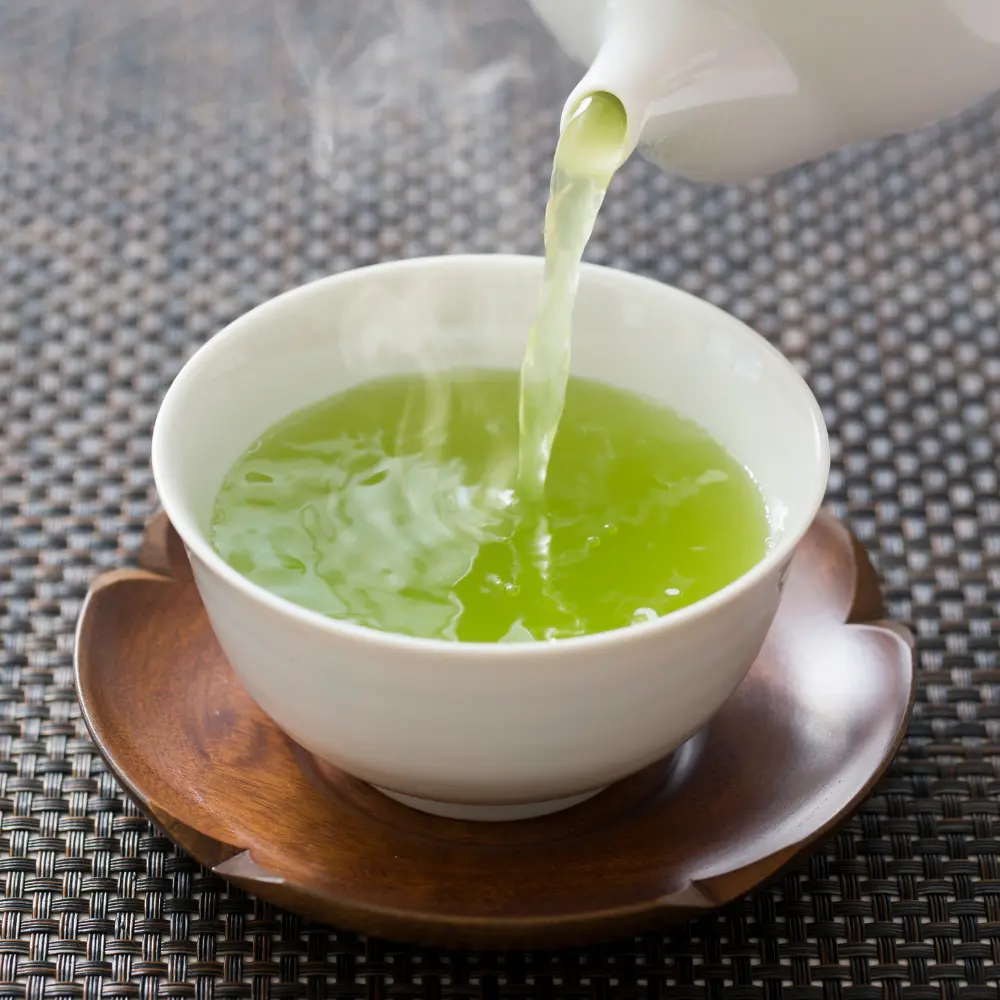
If skipping your morning caffeine fix sounds daunting, don’t worry. There are alternatives to coffee that can give you a boost without potentially affecting your blood tests.
- Tea, especially green tea, can be a great alternative. It contains less caffeine than coffee and is also rich in antioxidants. However, like with coffee, it’s best to drink it in moderation before a blood test.
- For a caffeine-free option, herbal teas like chamomile or peppermint can be soothing and refreshing. They also won’t interfere with your blood tests.
While these alternatives might not replace the unique taste and experience of this beverage, they can help you navigate your pre-test routine without feeling deprived.
To sum up, a healthier relationship with this beverage doesn’t mean abandoning your beloved brew. It’s about making conscious choices—being mindful of the timing of your consumption, understanding how different coffees can affect your test results, and being open to alternatives. With these strategies, you can ensure accurate blood test results while still enjoying the ritual and pleasure of this beverage.
Conclusion
In conclusion, the connection between coffee and blood tests is a nuanced one, influenced by factors such as the type and amount of coffee consumed, the time of consumption relative to the test, and individual health status. As we’ve seen, coffee’s bioactive compounds can potentially impact a variety of blood test parameters, from blood sugar and cholesterol levels to liver enzyme readings. Therefore, it’s generally recommended to abstain from this lovely beverage prior to blood tests to ensure the most accurate results.
However, understanding the impact of this drink on blood tests doesn’t mean giving up this cherished beverage. By strategically timing coffee consumption, choosing different coffee types and preparation methods, and considering viable alternatives, you can continue to enjoy your daily brew without compromising the accuracy of your blood test results.
Communication with your healthcare provider about your consumption habits is also crucial for interpreting your test results more accurately and planning the optimal pre-test routine.
Ultimately, understanding how coffee affects blood tests empowers us to make informed decisions about our coffee consumption habits. By doing so, we can ensure our blood tests reflect our true health status and help guide the best healthcare decisions. This beverage remains a beloved brew for many, and with the right strategies in place, it can coexist with our healthcare needs.
So, next time you’re preparing for a blood test, consider your relationship with this beverage. A bit of mindfulness can go a long way in maintaining your health and ensuring your blood test results are accurate. After all, health, like a good cup of joe, is all about balance.
FAQ
How long should I wait to drink coffee before a blood test?
It's advisable to abstain from this beverage for at least 8-12 hours before a blood test.
Does coffee affect cholesterol blood test results?
Yes, especially unfiltered coffee, which contains compounds that can raise LDL cholesterol levels.
Should I inform my doctor about my coffee consumption?
Absolutely, your coffee consumption habits can help your healthcare provider interpret your test results more accurately.
Is decaffeinated coffee also a concern for blood tests?
Yes, even decaffeinated coffee contains bioactive compounds that can affect blood test results.
Are there any alternatives to coffee that won't affect my blood test?
Yes, alternatives like green tea, herbal teas, or simply water can provide a boost without affecting your blood test.
What are the potential effects of coffee on liver function tests?
This beverage can impact liver enzyme tests, potentially skewing the results.
Does black coffee affect blood sugar test results?
Yes, black coffee can affect blood sugar levels, potentially impacting the results of a blood sugar test.






